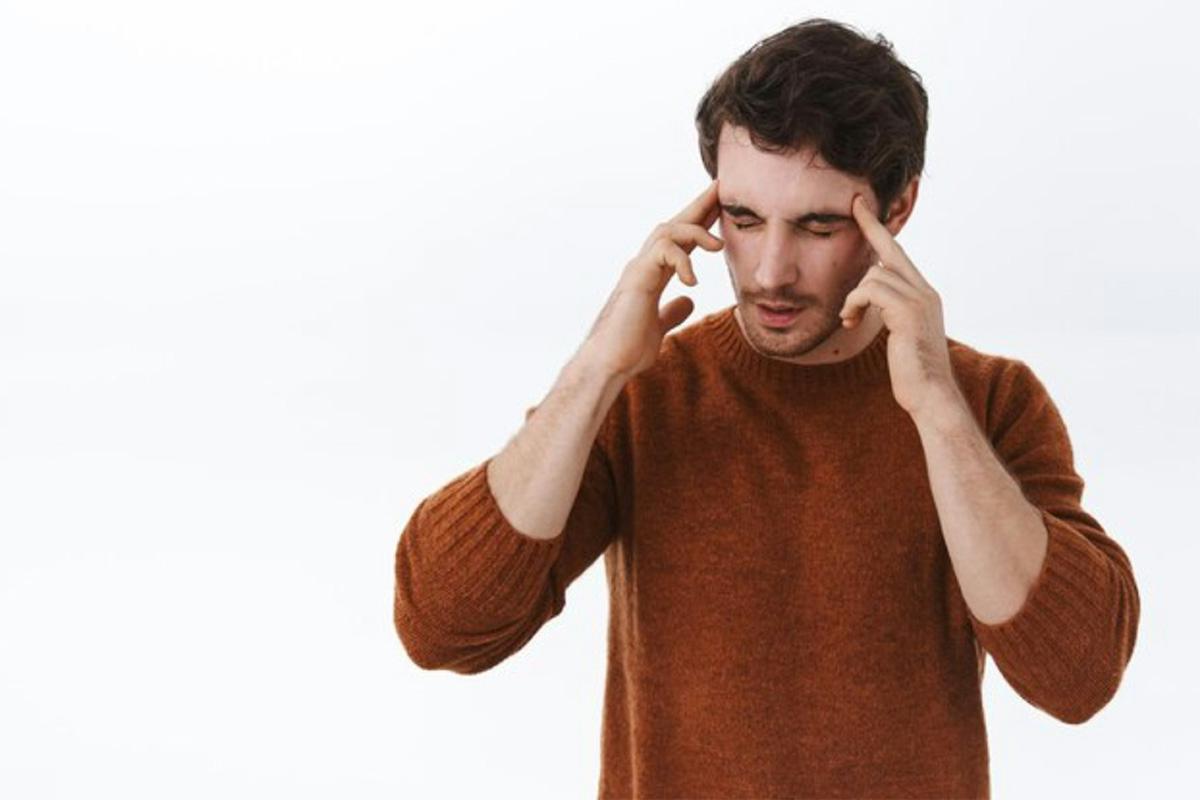Introduction
Vestibular disorders can significantly impact one’s balance, spatial orientation, and overall quality of life. Recognizing the symptoms of vestibular problems is crucial for early diagnosis and targeted intervention. In this comprehensive blog post, we will explore two common symptoms associated with vestibular disorders, shedding light on their implications and the importance of seeking professional evaluation. Understanding these symptoms can empower individuals to identify potential vestibular issues and take proactive steps towards improved well-being.
Understanding the Vestibular System
1. Anatomy of the Vestibular System:
- Provide an overview of the vestibular system, explaining its location in the inner ear and its role in maintaining balance and spatial orientation. Discuss the interconnectedness of the vestibular system with the visual and proprioceptive systems.
2. Importance of Vestibular Function:
- Emphasize the vital role of the vestibular system in daily activities, such as walking, standing, and maintaining stability. Explain how disruptions in vestibular function can lead to various symptoms affecting mobility and overall well-being.
Common Symptoms of Vestibular Problems
1. Vertigo:
- Define vertigo as a false sensation of spinning or movement, often described as dizziness. Explain the difference between vertigo and general dizziness. Discuss the sudden onset of vertigo and its association with specific vestibular disorders like benign paroxysmal positional vertigo (BPPV) or Meniere’s disease.
- Implications of Vertigo:
- Describe the impact of vertigo on daily activities, such as difficulty walking, driving, or even performing routine tasks. Discuss the potential for nausea and vomiting accompanying severe vertigo episodes, leading to a significant decrease in quality of life.
2. Dizziness and Imbalance:
- Explain dizziness as a general feeling of unsteadiness, often accompanied by lightheadedness or a floating sensation. Discuss how individuals with vestibular problems may experience chronic dizziness or episodic bouts of imbalance, making activities like climbing stairs or standing on one foot challenging.
- Implications of Dizziness and Imbalance:
- Highlight the risk of falls associated with chronic dizziness and imbalance. Discuss how these symptoms can lead to decreased confidence in mobility, social withdrawal, and increased dependence on others for daily activities.
Identifying the Underlying Causes
1. Vestibular Disorders Leading to Symptoms:
- Discuss common vestibular disorders that manifest as vertigo and dizziness, including BPPV, vestibular neuritis, labyrinthitis, and Meniere’s disease. Explain how these conditions disrupt the normal functioning of the inner ear, leading to the observed symptoms.
2. Secondary Causes:
- Mention secondary causes of vestibular symptoms, such as head injuries, ear infections, or certain medications. Explain how these factors can temporarily or permanently affect vestibular function, leading to persistent vertigo or dizziness.

Importance of Professional Evaluation
1. Diagnostic Assessments:
- Emphasize the importance of seeking professional evaluation, preferably from a physical therapist specializing in vestibular disorders. Discuss diagnostic assessments such as vestibular function tests, balance assessments, and medical history reviews that can help pinpoint the underlying cause of symptoms.
2. Individualized Treatment Plans:
- Explain how professional evaluation leads to the development of individualized treatment plans. Discuss the role of physical therapy in addressing vestibular symptoms through specialized exercises, maneuvers, and therapies designed to improve balance and reduce vertigo.
Seeking Expert Care at OrMobility Physical Therapy & Performance
1. Our Approach to Vestibular Disorders:
- Describe your clinic’s expertise in diagnosing and treating vestibular problems. Emphasize the individualized care and comprehensive approach your team provides to patients, focusing on restoring balance and improving quality of life.
2. Scheduling a Consultation:
- Encourage readers experiencing symptoms of vertigo or dizziness to schedule a consultation at your clinic. Provide clear contact information, inviting them to benefit from the specialized care offered by your team.
Conclusion – Embracing Balance, Embracing Life
Your Journey to Stability Starts Here
Recognizing the symptoms of vestibular problems is the first step toward regaining control and stability in your life. At OrMobility Physical Therapy & Performance, we are dedicated to guiding you on your journey toward improved balance and well-being. If you or someone you know is struggling with vertigo, dizziness, or imbalance, don’t wait. Schedule a consultation with our experienced team today. Let us be your partners in the path to a life free from vestibular challenges, empowering you to embrace each moment with confidence.
Contact us now to schedule your consultation and embark on your path to a life of stability and well-being.
OrMobility Physical Therapy & Performance


